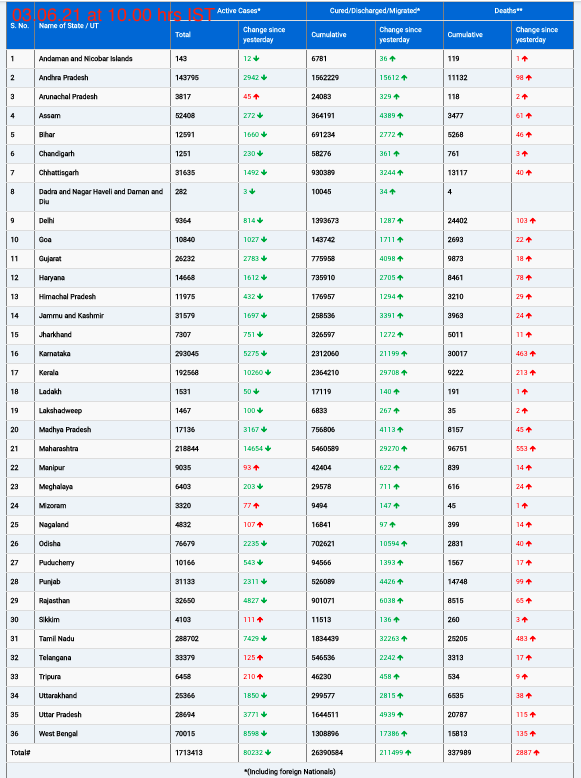On World Alzheimer’s Day, experts emphasized the critical importance of managing preventable risk factors such as blood pressure, diabetes, and obesity in reducing the chances of developing dementia or reversing its progression. By addressing these factors, the risk of dementia can be reduced by up to 60%, they highlighted.
World Alzheimer’s Day, observed every year on September 21, seeks to raise awareness about the stigma surrounding Alzheimer’s disease and dementia while educating the public about these debilitating conditions. The theme for 2024, “Time to Act on Dementia, Time to Act on Alzheimer’s,” reflects the urgency of addressing this growing health issue.
Alzheimer’s disease, a cognitive and neurological disorder, erodes memory, language, and thinking skills, severely impairing a person’s ability to perform daily tasks. Primarily affecting those over 65, it is the leading cause of dementia globally. In India, the incidence of Alzheimer’s is steadily rising, affecting millions of individuals, including younger populations.
“The time to act on dementia is now, and focusing on preventable risk factors is key,” said Dr. Manjari Tripathi, Head of the Neurology Department at AIIMS. “By managing blood pressure, controlling diabetes, avoiding smoking and alcohol, and reducing obesity, we can cut the risk of dementia significantly.”
Apart from physical health, lifestyle factors also play a crucial role. Sedentary living, lack of exercise, and the absence of cognitive engagement—such as learning new skills—can contribute to cognitive decline. Dr. Tripathi stressed the importance of addressing insomnia and sleep disorders like obstructive sleep apnea, which are linked to memory impairments.
Rising Dementia Rates in India
A recent study published in Alzheimer’s and Dementia revealed that approximately 7.4% of Indians over the age of 60, or about 8.8 million people, are living with dementia. Alarmingly, dementia is more prevalent among women (9%) than men (5.8%), particularly in rural areas.
Experts predict that if current trends continue, the number of people affected by dementia in India could rise to 16.9 million by 2036. Dr. Arindam Ghosh, a Consultant Neurologist at Narayana Health, noted the significant gender disparity, attributing it to biological, genetic, and lifestyle factors. He highlighted that women’s longer life expectancy in India also contributes to this difference.
Early Diagnosis and Prevention
Dr. Tripathi outlined the three stages of Alzheimer’s—early, middle, and late—and stressed the importance of early intervention to slow disease progression. Early symptoms of Alzheimer’s include memory loss that interferes with daily life, poor judgment, confusion over dates or locations, and repeatedly asking the same questions. She advised that clinical history, neuropsychological tests, MRI scans, blood tests, and PET scans are used to confirm the diagnosis.
“It’s crucial to diagnose Alzheimer’s early, and that requires awareness. Early therapy can help slow down the disease and preserve cognitive functions for a longer period,” Dr. Tripathi explained.
Taking Action
Experts emphasized the importance of adopting a healthy lifestyle early in life, especially after the age of 35, to prevent dementia. A balanced diet and regular aerobic exercise can protect against cognitive decline. Additionally, cognitive tasks like solving puzzles, learning new languages or skills, engaging in music or art therapy, and even spending time with pets can contribute to brain health.
“It’s essential to have a purpose in life and stay mentally active,” Dr. Tripathi advised. “If we act on these factors early, we can prevent or delay dementia.”
As India observes World Alzheimer’s Day, the message from experts is clear—dementia prevention begins with action today. By managing health, staying active, and keeping the brain engaged, individuals can reduce the risk of this debilitating disease and lead healthier lives into their later years.
Sources:
IANS, Alzheimer’s and Dementia (Research Study), AIIMS Neurology Department.











